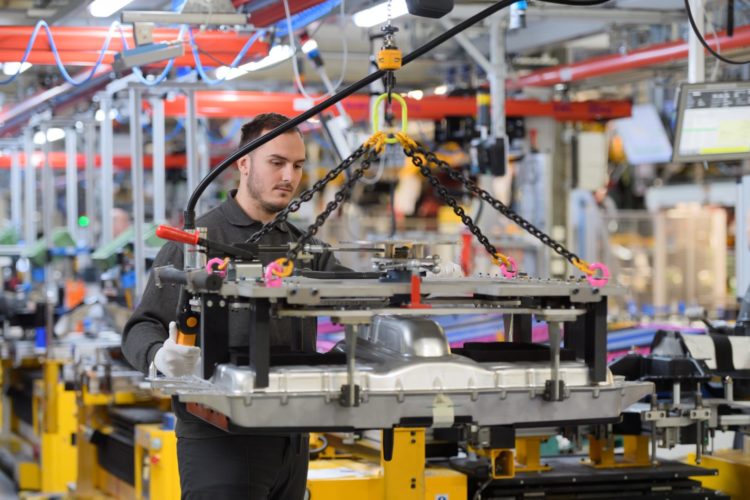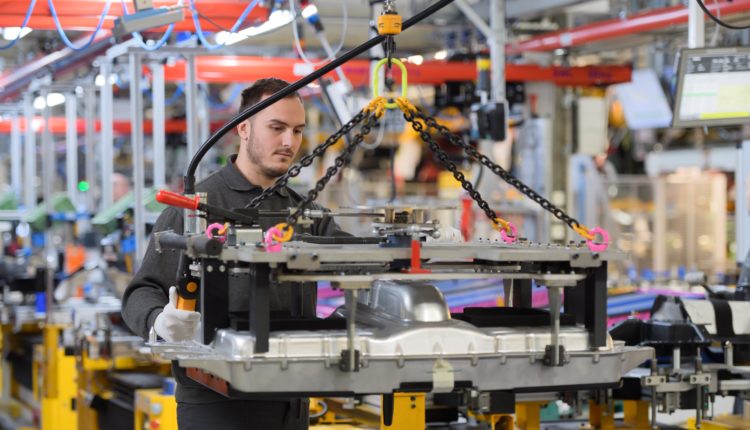In April, the Jaguar Land Rover plant in Merseyside was forced to shut down production due to a global shortage of computer chips and the factory is facing further disruption. Tony McDonough reports

A global shortage of computer chips is continuing to cause production shutdowns at the Jaguar Land Rover (JLR) factory at Halewood in Merseyside.
In April, LBN reported the factory, which employs around 3,700 people assembling the Range Rover, Evoque and the Land Rover Discovery Sport models, had temporarily suspended production due to the shortage.
The worldwide shortage of computer chips is causing production problems across multiple business sectors, particularly automotive. Lockdowns and the increased use of technology during the COVID-19 pandemic has led to a surge in demand for semiconductor chips.
On Wednesday, JLR told LBN it was still grappling with the issue. The company said: “Like other automotive manufacturers, we are currently experiencing some COVID-19 supply chain disruption, including the global availability of semi-conductors, which is having an impact on our production schedules and our ability to meet global demand for some of our vehicles.
“As a result, we have adjusted production schedules for certain vehicles which means that our Halewood manufacturing plant will be operating some limited periods of non-production.
“We are working closely with affected suppliers to resolve the issues and minimise the impact on customer orders wherever possible.”
Other auto makers such as Ford and Renault have also been affected and Stellantis, which owns the Vauxhall factory in Ellesmere Port, said it would have to replace digital speedometers with old-fashioned analogue ones in one of its Peugeot models.
Modern vehicles are heavily reliant on technology with digital systems controlling engine management, driver aids including satnavs, on-board cameras and as as radio and communications devices. A fire at a Japanese factory making semiconductors for the car industry has worsened the shortage.
The issue is unhelpful for JLR at a time when its recovery from the impact of the pandemic was gathering momentum. In April the company, owned by India’s Tata Motors, revealed pre-tax profits for the final quarter of its fiscal year came in at £534m.
The business is continuing to recover following the onset of the pandemic and retail sales in the fourth quarter were 123,483 vehicles, up 12.4% year-on-year. This was supported by a strong recovery in China, where sales grew 127% over Q4 last year.
Full year retails of 439,588 vehicles were still down 13.6%, although sales in China increased 23.4% year-on-year. Two of JLR’s best-selling vehicles over the past 12 months were its Merseyside-produced Range Rover Evoque and Land Rover Discovery Sport.
Commenting on the full-year results, Thierry Bolloré, JLR’s chief executive, said: “I have been encouraged by the company’s resilience and strong recovery during a uniquely challenging year.

